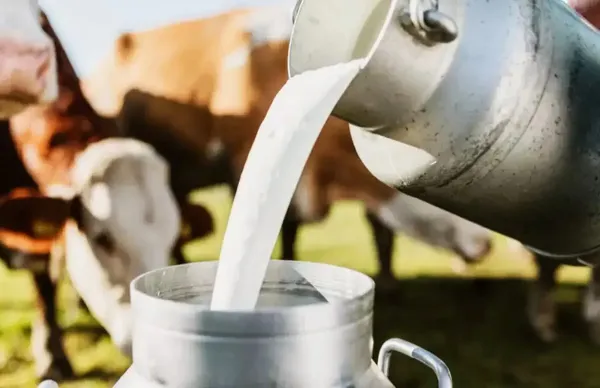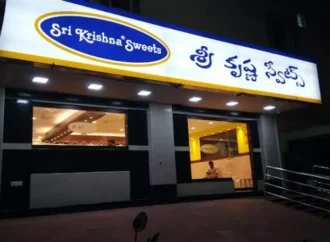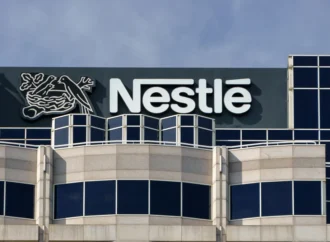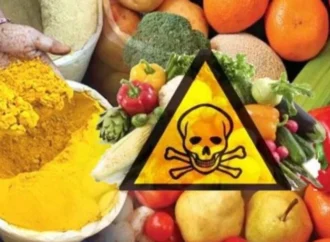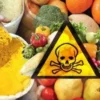Overview
The idea of non-vegetarian milk is challenging long-held assumptions about dairy in India. What was always considered a vegetarian staple is now under scrutiny, creating a major roadblock in trade talks between India and the United States. India has blocked the import of certain American dairy products, citing cultural and religious concerns. The main reason? Many US dairy farms feed cows animal-derived ingredients like bone meal, meat powder, and fish meal—practices that clash with India’s definition of vegetarianism.
Why India Calls Some Milk ‘Non-Vegetarian’
Milk itself does not come from meat, but in India, many people judge its purity by what the cow eats. If a cow consumes animal-based feed, many religious communities, especially Hindus and Jains, consider it non-vegetarian milk.
Common animal-based feed in the US includes:
- Bone meal and powdered meat from dead animals
- Fish meal for protein and omega fatty acids
- Chicken waste and animal fat as cost-effective supplements
Farmers in the US, Europe, Brazil, and other countries commonly follow these practices, but they clash with Indian cultural norms, where people traditionally feed cows plant-based diets.
India’s Stand and Labelling Rules
In 2021–22, the Food Safety and Standards Authority of India (FSSAI) proposed that any dairy product made from milk of cows fed on animal-based feed should carry a ‘non-veg’ symbol on its packaging. This move triggered objections from US dairy exporters, who argue that milk should be considered vegetarian since it comes from cows, not directly from meat. However, India insists on transparency so consumers can make informed choices.
Religious and Cultural Sensitivity
In India, cows hold religious significance, and their diet directly impacts consumer perception of purity. For many, milk from cows that are fed animal-derived feed is not suitable for rituals or even daily consumption.
Traditional Indian dairy systems still rely on vegetarian feed, like:
- Dry straw and green fodder
- Maize and wheat grains
- Oil cakes and bran
Milk sourced from gaushalas (cow shelters) or farms that advertise “100% vegetarian feed” is highly preferred. Many brands now use labels like:
- “Organic Veg Feed”
- “A2 Milk from Indigenous Cows”
- “Rendered Feed Free”
Why Do US Farms Use Non-Veg Feed?
Animal-derived feed is a low-cost way to boost protein and energy for high milk production. Fish meal, meat powder, and bone meal provide essential nutrients for cows in intensive farming systems. These practices are standard in large-scale dairy production globally, including the US, Brazil, China, and parts of Europe. Scientific tests can trace certain markers, like fatty acid profiles or carnitine levels, to indicate non-veg feed. However, these tests are expensive and not widely used. There is no easy method to confirm if a cow’s diet includes animal by-products simply by analysing milk.
The Trade Impact
India and the US aim to boost bilateral trade to $500 billion by 2030, but dairy remains a sticking point. The disagreement over feed practices and labelling has stalled progress for years. For India, it’s not just about food safety—it’s about cultural values and consumer trust.
Source: News18
 Food Manifest
Food Manifest 